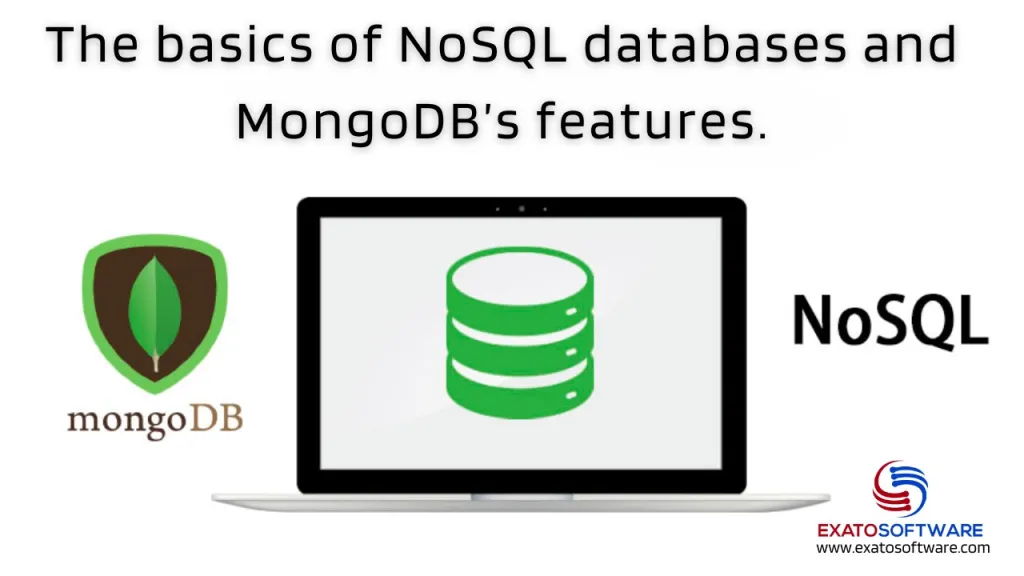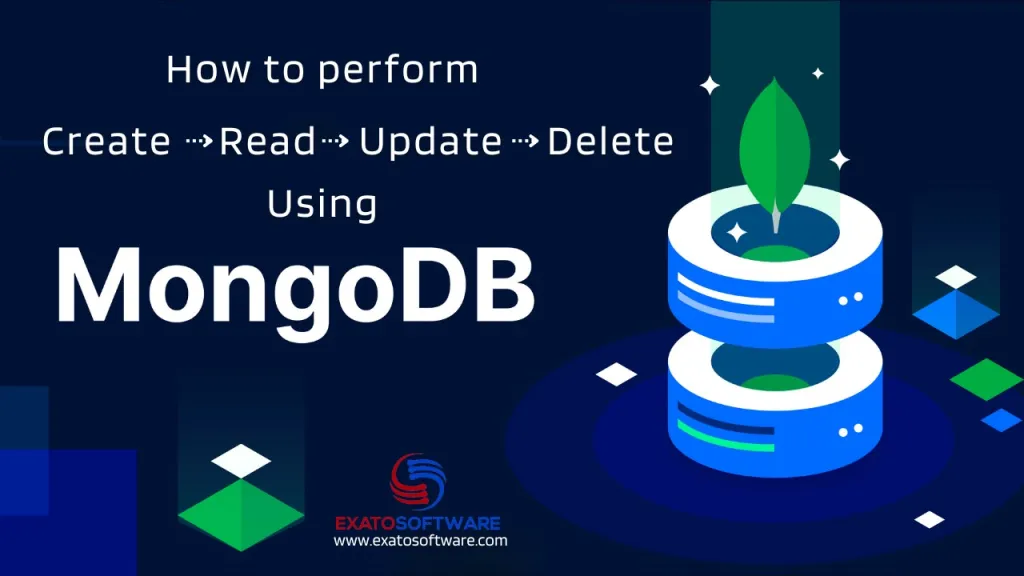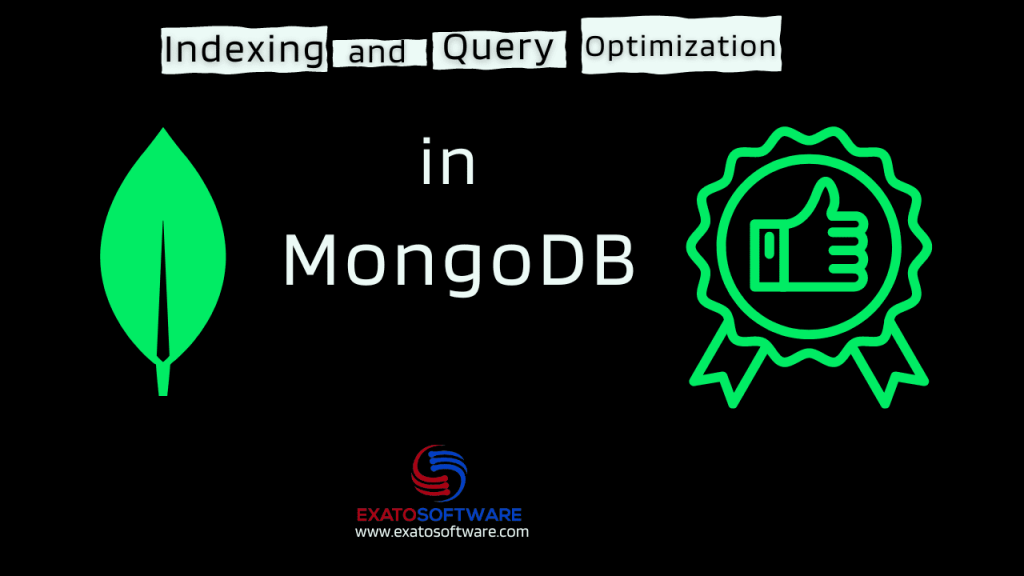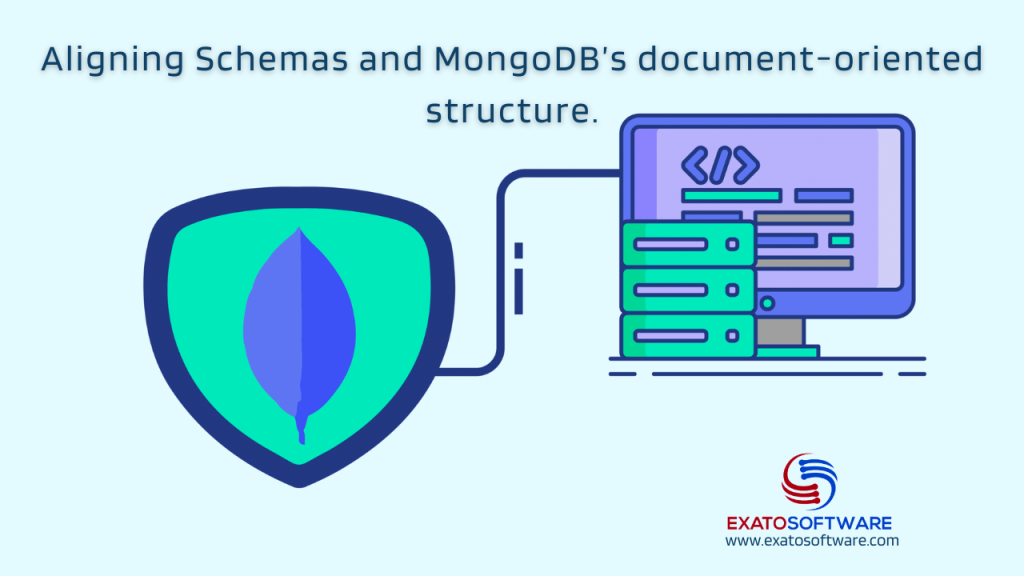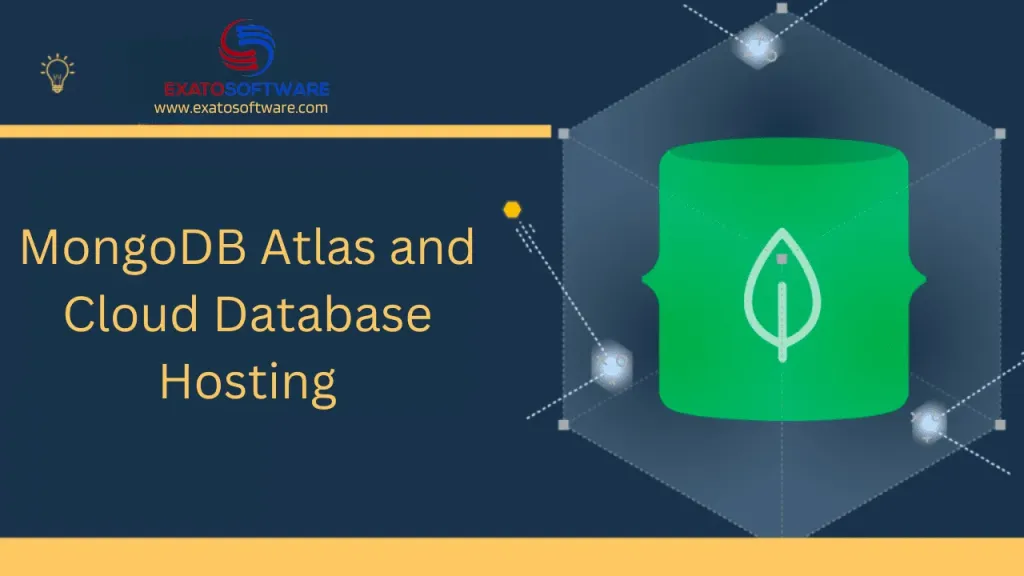Aggregation Framework in MongoDB
How Devs aggregate data in SQL In SQL, the `GROUP BY` and `SELECT` statements are used together to aggregate data based on certain criteria. The `GROUP BY` clause groups rows that have the same values in specified columns into summary rows, and the `SELECT` statement is then used to retrieve the aggregated results. Here’s a […]

